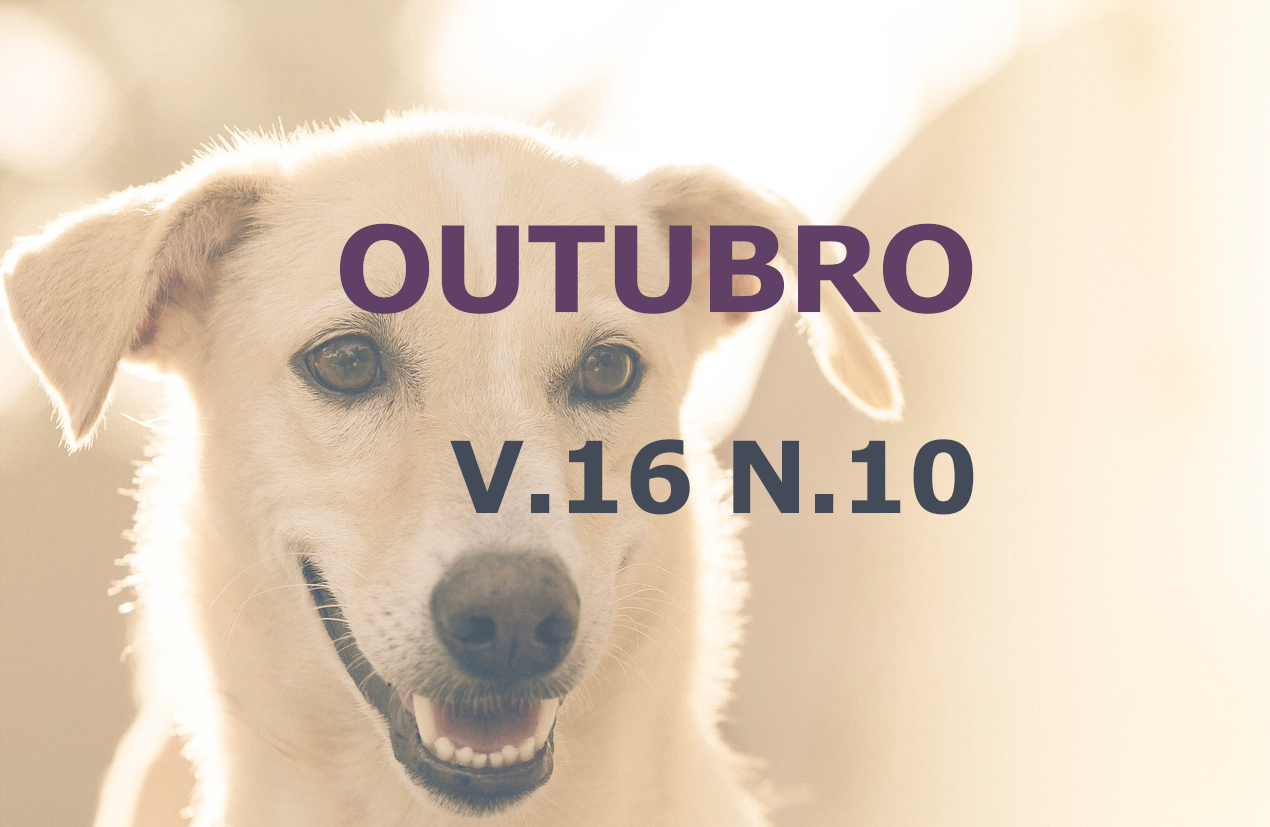Poisoning by Dieffenbachia picta schott in: Case report
DOI:
https://doi.org/10.31533/pubvet.v16n10a1246.1-7Keywords:
Canine, domestic, ornamental plant, toxicityAbstract
Poisoning by ornamental plants is a situation commonly found in the routine of care in the medical clinic of small animals, but with difficult diagnosis. Poisoning by Dieffenbachia ssp (with-no-one- can) a plant easily found in home residences, has the toxic principle based on calcium oxalate leading to gastrointestinal and even neurological clinical picture. Thus, the present article has as objective to report the occurrence of the clinical picture of Dieffenbachia ssp poisoning (with me-no-can) in dogs. For this, a canine, female, Lhasa Apso, 9 months old, weighing 5.8 kg, arrived at the clinical emergency room presenting vomiting, intense sialorrhea, nystagmus and behavior change aimed at aggressiveness, later intake of the plant with me-no-nobody-can, according to information from its responsible. The patient presented with altered clinical parameters due to the clinical picture of intoxication, which was possible to observe aquipnea, shorty, increased capillary filling time, intense abdominal algia, among others. Due to the patient's clinical urgency and aggressiveness, intramuscular acepromazine and methadone-based sedation was performed, with subsequent venous access and initiation of clinical control therapy based on fluid therapy, antibiotic therapy, antiemetics and diuretics. The monitoring of clinical parameters and installed therapy was performed during the next 48 hours with satisfactory patient evolution and subsequent clinical release, absent from neurological clinical signs and control of gastrointestinal condition. Thus, it can be concluded that the clinical picture was an oral intoxication by ornamental plant Dieffenbachia ssp known as with meno-can.
Downloads
Published
Issue
Section
License
Copyright (c) 2022 Ana Flávia Mendonça, Maria Carolina Mantavanelli Batisteti, Giovana Rodrigues Zavanelli, Iara Souza Santana, Lorena Marin Costa Mansur, Maryanna Carolina Nemet Rodella, Rodrigo Prevedello Franco

This work is licensed under a Creative Commons Attribution 4.0 International License.
Você tem o direito de:
Compartilhar — copiar e redistribuir o material em qualquer suporte ou formato
Adaptar — remixar, transformar, e criar a partir do material para qualquer fim, mesmo que comercial.
O licenciante não pode revogar estes direitos desde que você respeite os termos da licença. De acordo com os termos seguintes:
Atribuição
— Você deve dar o crédito apropriado, prover um link para a licença e indicar se mudanças foram feitas. Você deve fazê-lo em qualquer circunstância razoável, mas de nenhuma maneira que sugira que o licenciante apoia você ou o seu uso. Sem restrições adicionais
— Você não pode aplicar termos jurídicos ou medidas de caráter tecnológico que restrinjam legalmente outros de fazerem algo que a licença permita.





